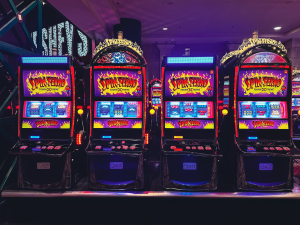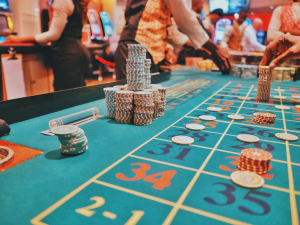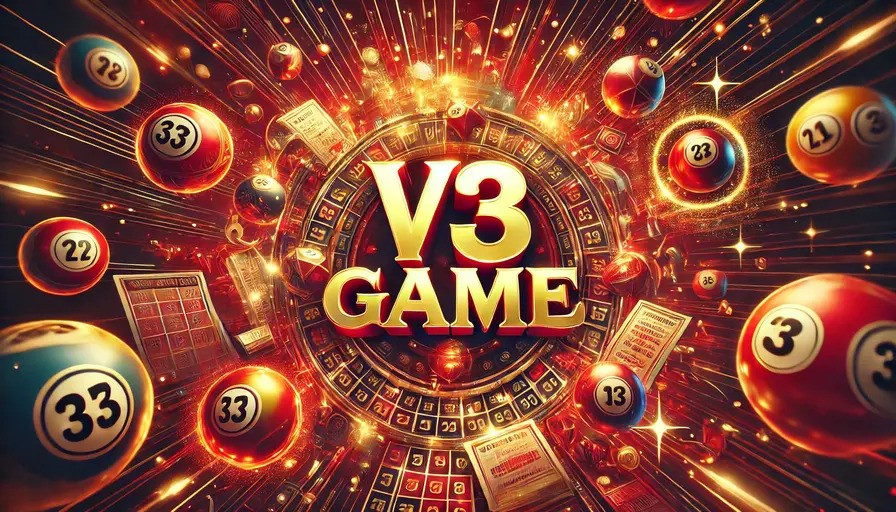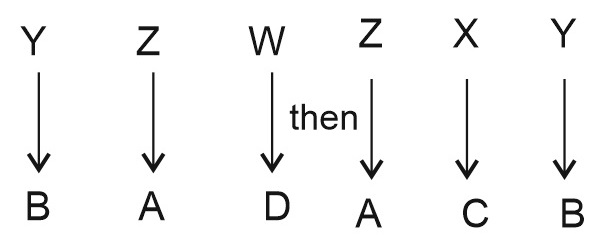Slot Machines vs. Table Games: Which Offers Better Winning Odds?
Casinos are filled with two types of players: those drawn to the bright lights and enticing themes of slot machines and those who prefer the strategic challenge of table games. The debate over which offers better odds has been ongoing for years. Some claim table games, such as blackjack and baccarat, provide a higher chance of winning due to lower house edges and strategic play. Others argue that slots, with their simplicity and potential for large jackpots, provide the best entertainment value. Before diving into either, it’s essential to understand their fundamental differences in odds, skill requirements, and risk levels. For those new to gambling, Casinority’s guide on how to get started with a NZ$10 deposit is a great resource for learning the ropes before committing to higher stakes.
House edge comparison
One of the key factors in determining winning odds is the house edge—the built-in mathematical advantage the casino holds over players. In general, table games tend to offer a lower house edge compared to slot machines.
- Slot machines: The return-to-player (RTP) percentage on slots typically ranges from 85% to 98%. The house edge, therefore, varies from 2% to 15%. Slots with progressive jackpots often have the highest house edges, as a portion of each bet contributes to the jackpot pool.
- Blackjack: Among table games, blackjack offers some of the best odds, with a house edge as low as 0.5% when played optimally using basic strategy. However, if players deviate from optimal play, the house edge can increase significantly.
- Roulette: The house edge in roulette depends on the version played. European roulette (single zero) has a house edge of 2.7%, while American roulette (double zero) increases it to 5.26%.
- Baccarat: Betting on the banker in baccarat gives a house edge of approximately 1.06% while betting on the player carries a 1.24% edge. Tie bets have significantly worse odds, often exceeding 14%.
Clearly, table games offer a lower house edge in most cases, but this does not guarantee profits. Instead, understanding how variance and strategy impact outcomes is key.

Are table games more beatable than slots?
The level of player control differs drastically between slots and table games. Slot machines operate entirely on chance, powered by random number generators (RNGs). Once the spin button is pressed, the outcome is predetermined with no influence from the player. This makes slots a game of pure luck, with no skill involved.
On the other hand, table games like blackjack and poker incorporate an element of skill. Players can use strategy to influence outcomes, particularly in blackjack, where card counting and optimal play reduce the house edge significantly. Baccarat and roulette, though primarily luck-based, allow players to make mathematically sound bets to minimize losses.
Because table games provide opportunities for strategic play, they are often viewed as more “beatable” than slots. However, even the best strategies only tilt the odds slightly in the player’s favor or minimize losses over time. Unlike slots, where a single spin could result in a massive payout, table games rely on consistency and bankroll management to achieve success.
Variance and risk management
Variance, or volatility, refers to how frequently and how much a game pays out. Slots tend to have high variance, meaning long dry spells followed by the potential for massive payouts. High-volatility slots can deplete a bankroll quickly but offer the chance of hitting life-changing jackpots. Low-volatility slots, on the other hand, provide more frequent but smaller wins.
Table games generally have lower variance, with more predictable outcomes. In blackjack and baccarat, for instance, bets have nearly even money payouts, reducing the likelihood of major bankroll swings. This makes them preferable for conservative players looking for steady gameplay and lower risk.
Bankroll management strategies also differ between the two. Slot players must prepare for extended losing streaks and budget accordingly. Table game players, particularly those who use betting strategies like the Martingale system in roulette, must manage their funds carefully to withstand inevitable losing streaks without exhausting their bankroll.

The psychological appeal of both game types
Beyond the mathematical odds, the appeal of slots and table games is rooted in psychology. Slot machines are designed to be highly engaging, featuring flashing lights, immersive themes, and exciting sound effects. The randomness of wins and the potential for large payouts create a powerful psychological reward system, keeping players engaged.
Table games, in contrast, attract players who enjoy social interaction and strategy. The presence of a dealer and other players adds a human element that slots lack. Games like poker provide a competitive edge where skill and reading opponents play a crucial role. Even in games of chance like roulette, players may feel more involved in the process, selecting numbers and betting patterns rather than passively watching reels spin.
Casinos capitalize on these psychological elements by structuring rewards and promotions around both types of games, ensuring they cater to all player preferences.
Choosing based on preference, budget, and strategy
So, which game offers better winning odds? The answer depends on what a player values most. If the goal is the lowest house edge and strategic play, table games like blackjack and baccarat provide the best chances. If excitement, simplicity, and the potential for large jackpots are priorities, slot machines are the better choice.
Ultimately, the best approach is to choose games based on personal preferences, budget, and risk tolerance. A well-informed player understands the odds, manages their bankroll wisely, and plays for entertainment rather than expecting guaranteed profits. Whether spinning reels or making strategic bets at the table, responsible gaming ensures a more enjoyable experience in the long run.






